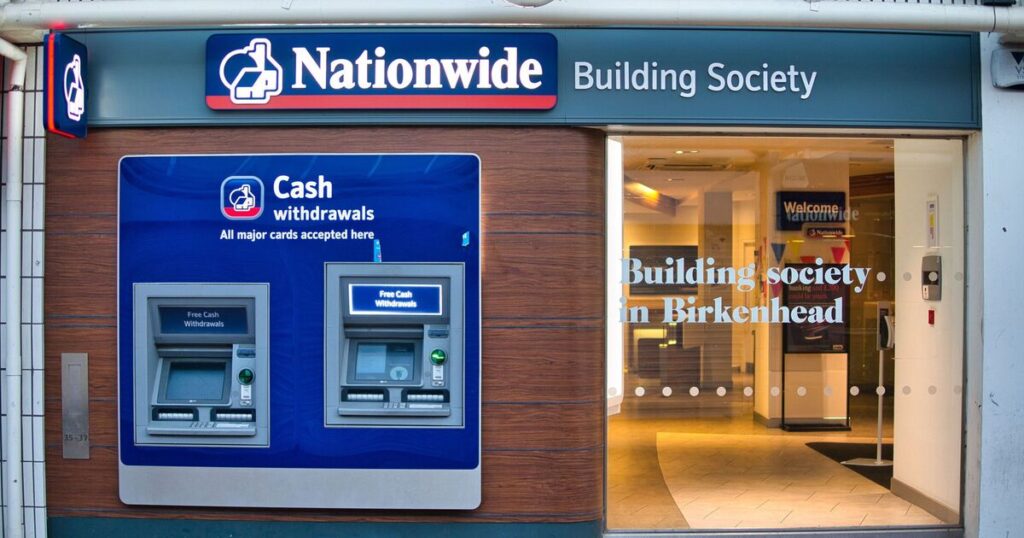
Nationwide has sounded the alarm over a „spike“ in debt, revealing that last month saw a 25 percent surge in repayment spending. The UK’s largest building society also reported a 14 percent hike in the number of transactions for debt repayment within the same timeframe.
In April alone, customers settled unsecured debts totalling £735 million marking a significant 25 percent increase from the previous year.
Additionally, the frequency of transactions towards debt repayment climbed by 14 percent.
On average, credit card holders are now shelling out £391 monthly, with car finance repayments at £267 and personal loans at £195, cumulatively amounting to £835.
The Nationwide Spending Report which scrutinises over 225 million debit card, credit card, and Direct Debit transactions unveiled a staggering £7.5 billion expenditure in April.
Overall spending escalated by two percent compared to the same period last year, while transaction numbers edged up by one percent.
Mark Nalder, Nationwide’s Payments Strategy Director, commented: „Many households have turned to credit as a way of dealing with rising prices. While some are using it to spread the cost of luxury items, such as holidays, others are relying on credit to help pay essential bills. However, a 25 per cent rise in credit repayments should be looked at in the round.“
Birmingham Live reports that he further added: „As much as some people will be relying more on their credit cards and loans at this time, a notable fall in essential costs such as energy bills and supermarket spend means others will be using the opportunity to repay more debt while they can.“
The report’s authors urged: „We would encourage anyone struggling with debt or worried about their finances to get in touch as we offer a range of tailored support for those facing financial difficulties.“
The study also revealed a significant increase in housing costs which were partially offset by reductions in utilities and supermarket shopping expenses while spending on catalogues rose by 12 percent as Britons sought to distribute the cost of purchases.
